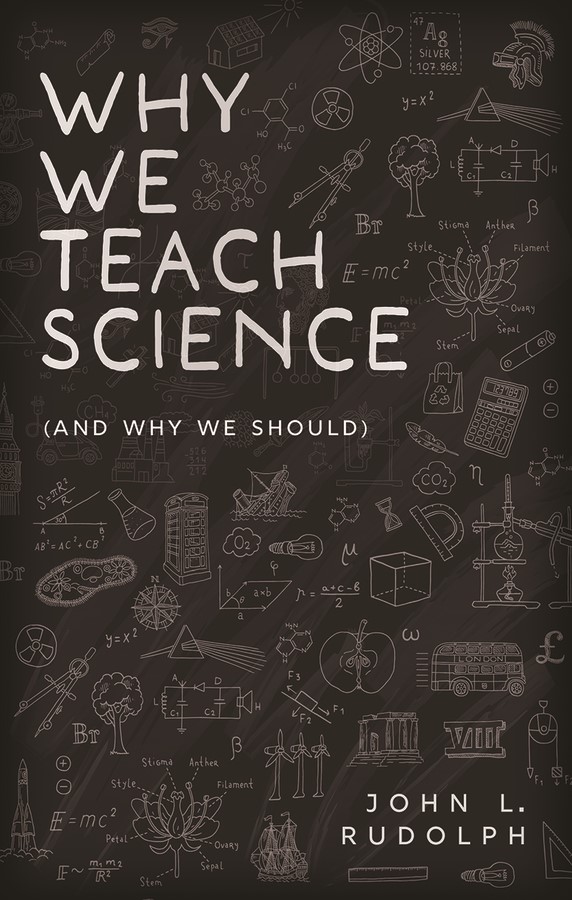Book Review: Why we Teach Science (and Why we Should)
DOI:
https://doi.org/10.25321/prise.2024.1487Abstract
Why do we teach science in schools? There are many usual responses to this question. Because scientific knowledge is useful for everyday life; because the developed reasoning skills are also useful in everyday life; because future citizens will need to be able to make decisions about important socio-scientific issues, and thus require both knowledge and reasoning skills from science, and so on. However, as John Rudolph brilliantly shows in his book Why we Teach Science (and Why we Should), the science education typically taught in US schools (and I would add almost everywhere else in the Western world) falls short from achieving these goals. Despite the declarations of policy makers on the importance of science for society and of curriculum developers on scientific literacy playing a major role in school education, public polls more often than not show that people lack both a solid understanding of science, and the trust in scientists, as became apparent during the COVID-19 pandemic. Why is this the case?

Downloads
Published
Issue
Section
License
Copyright (c) 2023 The Author/s

This work is licensed under a Creative Commons Attribution-NonCommercial-ShareAlike 4.0 International License.
Authors who publish with this journal agree to the following terms:
- Authors retain copyright and grant the journal right of first publication with the work simultaneously licensed under a Creative Commons Attribution License that allows others to share the work with an acknowledgement of the work's authorship and initial publication in this journal. The applicable licence is https://creativecommons.org/licenses/by-nc-sa/4.0/, which means
You are free to:
Share — copy and redistribute the material in any medium or format
Adapt — remix, transform, and build upon the material under the following terms:
Attribution: You must give appropriate credit, provide a link to the license, and indicate if changes were made. You may do so in any reasonable manner, but not in any way that suggests the licensor endorses you or your use.
NonCommercial: You may not use the material for commercial purposes.
ShareAlike: If you remix, transform, or build upon the material, you must distribute your contributions under the same license as the original.
Authors are able to enter into separate, additional contractual arrangements for the non-exclusive distribution of the journal's published version of the work (e.g., post it to an institutional repository or publish it in a book), with an acknowledgement of its initial publication in this journal.
Authors are permitted and encouraged to post their work online (e.g., in institutional repositories or on their website) prior to and during the submission process, as it can lead to productive exchanges, as well as earlier and greater citation of published work (see The Effect of Open Access).
